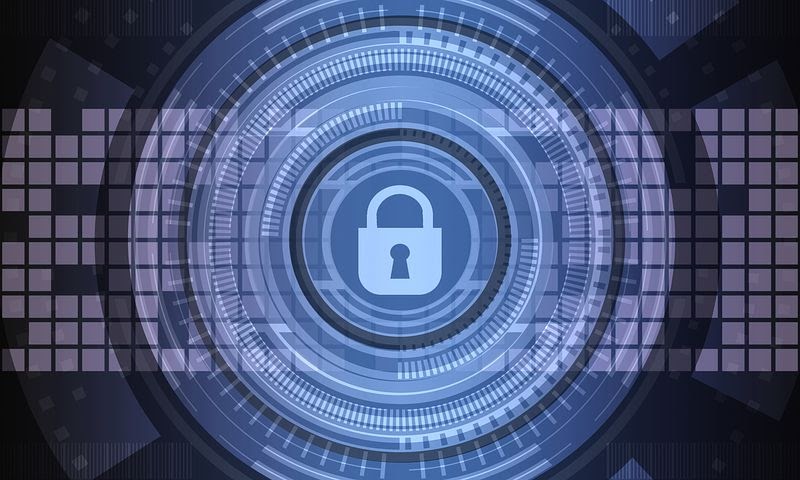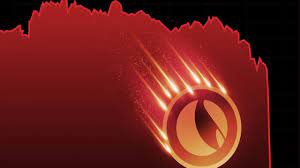International Securities Regulatory Commission: Global stablecoins may be subject to securities regulation
A recent report by the International Organization of Securities Commissions (IOSCO) states that global stablecoins may be subject to securities laws.

The 31-page report, published on Monday, examines regulatory issues related to stablecoins (note: cryptocurrencies with prices linked to low-volatility asset reserves). The report emphasizes that the detailed regulations will ultimately depend on the specific content of the stablecoin project.
Earlier, the International Securities Regulatory Commission examined a stablecoin project managed by the company's board of directors. This stablecoin is supported by a basket of global reserve currencies and runs on its proprietary blockchain. This stablecoin is issued only to those "authorized participants" (note: only these people are free to buy or sell stablecoins) and can be passed between users' digital wallets.
- The founder of the Bitcoin Foundation: miss the early bitcoins, optimistic about the integration of China and the US market
- The most complete timeline of the MakerDAO Black Swan incident.
- Wu Jihan debuted on live broadcast: Bitcoin is hardly a safe haven in a volatile world
The report did not mention any specific stable names, but the above example sounds a lot like the Libra project led by Facebook.
The International Securities Regulatory Commission said in its analysis report that such stablecoin projects may all be subject to supervision by securities regulators.
The report said: "Because the stablecoin may be used for payment, this is likely to be regulated like the currently regulated banking business and payment systems. If the stablecoin payment is adopted on a large scale, then the regulation of it will become particularly important important."
The International Securities Regulatory Commission stated that if such a token project is to develop into a financial market infrastructure (FMI), it may be subject to the PFMIs issued by the Bank for International Settlements. ).
In addition, the report mentioned that the stablecoin's reserves and related rights or obligations "may depend on its structure and function", and that the stablecoin may be equated with various types of securities products.
The report's conclusions mention some potential resistances to stablecoins in their development and landing process, especially those that want to develop into FMI.
Facebook's Libra project is by far the most compelling global stablecoin plan, and its distribution governance model and consensus mechanism over the next five years are very promising.
The Libra project stated in its white paper that "an important goal of the Libra Association is to gradually expand decentralization over time."
However, the International Organization of Securities Commissions also stated in the report that "the more you want to decentralize, the greater the challenge may be."
Compilation: Lin Shihao
Image credit: Pixabay
This article is from bitpush.news. Please reprint the source.
We will continue to update Blocking; if you have any questions or suggestions, please contact us!
Was this article helpful?
93 out of 132 found this helpful
Related articles
- President of the Beijing Internet Court: Black technology such as "Tianping Chain" provides advanced experience for the blockchain system of the court system
- What kind of blockchain project is worth investing in? Graph Network Data Tells You | Babbitt Industry Lesson
- Viewpoint | Ethereum 2.0 inspired by the Ethereum 1.0 upgrade
- Perspectives | Numerous entrepreneurial opportunities can be found through blockchain in the next decade
- Opinion | Crypto analyst Tuur Demeester: Bull market trend may resume, and my bullish stance on Bitcoin remains unchanged
- Depth | Favorable policies come out frequently. Will 2020 be the first year of blockchain outbreak?
- Video: Exploration, Application and Prospect of Blockchain in Digital Marketing (Part 1)





